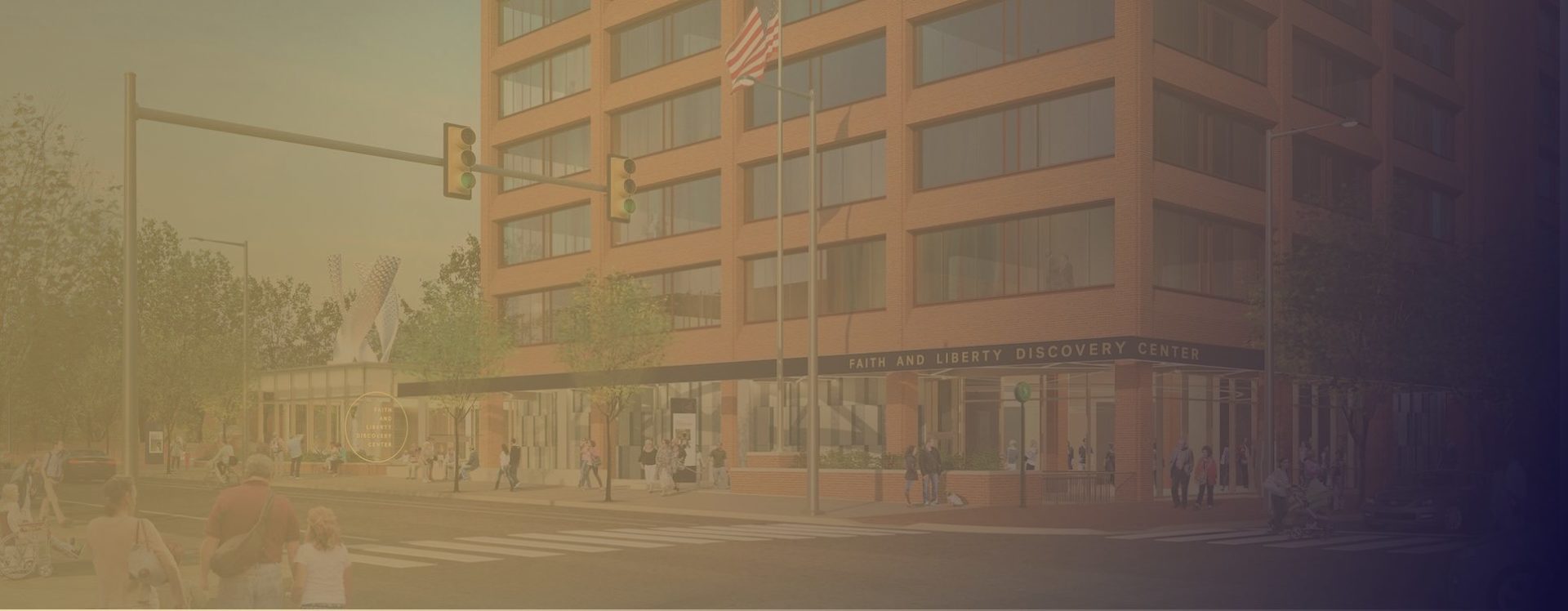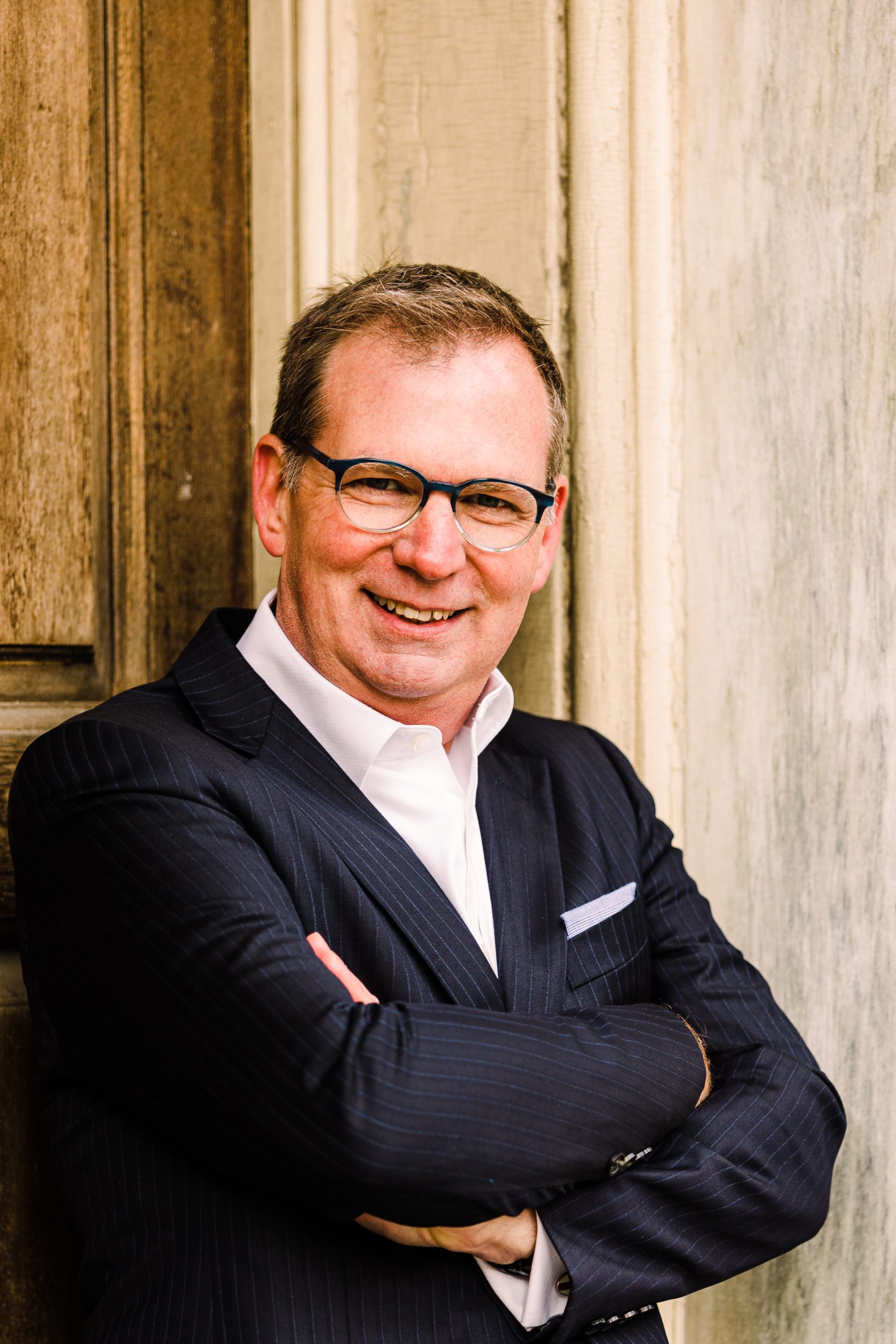

Alan Crippen is Chief of Exhibits, Programs and Public Engagement at the Faith and Liberty Discovery Center. He is leading the content development of the Center. Recently, American Discovery interviewed Mr. Crippen
AD: What single aspect of the Center excites you the most?
Crippen: Philadelphia has an embarrassing amount of wonderful cultural and educational institutions and museums. We are a city that is rich in history, culture, the arts, etc. I think the Faith and Liberty Discovery Center is honored to be among such leading museums and institutions. Its contribution is to bring yet another dimension to the American story – the story of faith as it relates to our American ideals and institutions. Our opportunity is to foster the personal discovery of an integrated narrative about how a great civilizational text – the Bible – has been an important cultural, if not revolutionary force in America.
AD: How do you create an experience for a museum based on a message and not artifacts, art or science experiments?
Crippen: Everybody loves a good story. We use stories. America is a story with storied peoples, places, and events. The Bible is a story – a story that has captivated imaginations for centuries, as well as shaped American identity and self-understanding. For example, the Hebrew story of liberation and Exodus from slavery in Egypt has formed African American identity and animated abolitionist and later, the civil rights movements. At the Center, we’ve designed an exploratory experience that helps the visitor discover the influence of the Bible and its stories on individuals in key historical and personal moments.
AD: How did the Center arrive at its underlying message of faith guides liberty toward justice?
Crippen: The Center’s mission is to explore the relationship between faith and liberty. It was Alexis de Tocqueville, an early 19th century foreign observer and author of Democracy in America, who said, “Despotism may govern without faith, but liberty cannot.” He knew from the experience of his native France that a lot of bad things can happen in the name of liberty. Indeed the French Revolution and Napoleonic Wars left seven million people dead. Tocqueville was fascinated that in American democracy, liberty and faith had a positive synergistic relationship. Faith, or what he term as religion, fostered the civic virtues, manners and mores, the very “habits of the heart” necessary to direct and lead liberty to others-centered altruistic ends, rather than to the extremes of libertine selfish purposes. Faith animates the heart and guides the head to liberty for the good of all.
AD: What excited you most about the Faith and Liberty Discovery Center? What makes “now” so important for bringing a cultural institution like this to the public?
Crippen: America is currently divided against itself. As a culture we are losing a sense of who we are and of the values that have historically united us. The loss of our cultural identity is a sort of historical amnesia. Who are we? The Center’s opportunity is to help recover some of the missing pieces of our American memory and identity. We were at one time a people of the book – the Jewish and Christian Scriptures, a.k.a., the Bible. It’s a book that we used to call “The Good Book.” What made it good was the high ideals that it called us to live by – ideals like faith, hope, and love. If we can help people discovery these ideals in the American story, then maybe we can see what unites us.
AD: Who is the target audience of the Center?
Crippen: People of all faiths or no faith are welcome. We invite the liberally open-minded who love questions and dialogue. We seek the historically curious who possess a spirit of discovery with an inquisitive disposition to explore facts for themselves.
AD: If there was a single idea you would like each visitor to leave with, what would that be? Or, what does success for the FLDC look like to you?
Crippen: It is the idea that the Jewish and Christian Scriptures are a revolutionary force in the American story; that the Good Book has been an influentially positive spiritual source and culture force for what is good about America; that faith guides liberty toward justice for good of all.